1. Nobody is original
But that does not matter, nobody cares.
- Not the market as it's big enough and everybody does it, unless somebody dumps.
- Not the users as more competition is good for them, unless it's garbage.
- Not the competitors as they have better things to do and rather focus on themselves, unless their patents or copyrights are infringed. Also, trade secrets are weird...[1]

People will buy/consume/use stuff for a lot of reasons unconnected to originality:
- Because it's cheaper
- Because you're not the competitor
- Because you're local
- Because you're smaller
- Because you're on another platform
Or simply because they did not bother to look any further.
I mean, when was the last time you strayed from the safety of the first page of results?
So even just being placed better than someone else — whether out of luck, some kind of business practice or a gruesome sacrifice to a god — matters more than how original your work is.
The economic human being, the Homo economicus[2], does not exist.
2. Aim for originality in both process and execution
While today you will seldom find something completely new, there are always ideas that mix and match old ones together in new ways.
Therefore I would argue the combination and remixing of something that already exists CAN be called an act of originality. So, there is a distinction to be made between original and originality.
2.1 But where do we find those new and/or improved ideas?
There is a saying, that innovation happens at the intersection of two or more fields.
So when you create a patchwork of ideas[3] and recycle existing ideas you are innovating.
You take a lot of ideas someone else already created and made something cohesive and useful out of it, basically something worth more than the sum of their parts. What you combine and in what ways, that is your act of originality.
That means you are less of a creator and more a mad alchemist combining various substances until the philosopher's stone plops out and you have to secure it behind a big three-headed dog with a very inconspicuous name.[4]
And even if two products are the same, the way they have been derived — the nuances between the processes — gives them their originality.
2.1 Look out into the world
I mean, take a look at games.
All those different multiplayer shooters, some may truly be exploring some interesting combinations of ideas, but others are more down to earth — you pull the trigger, bullets come shooting — they're all quite similar yet have taken different ways to the same goal.
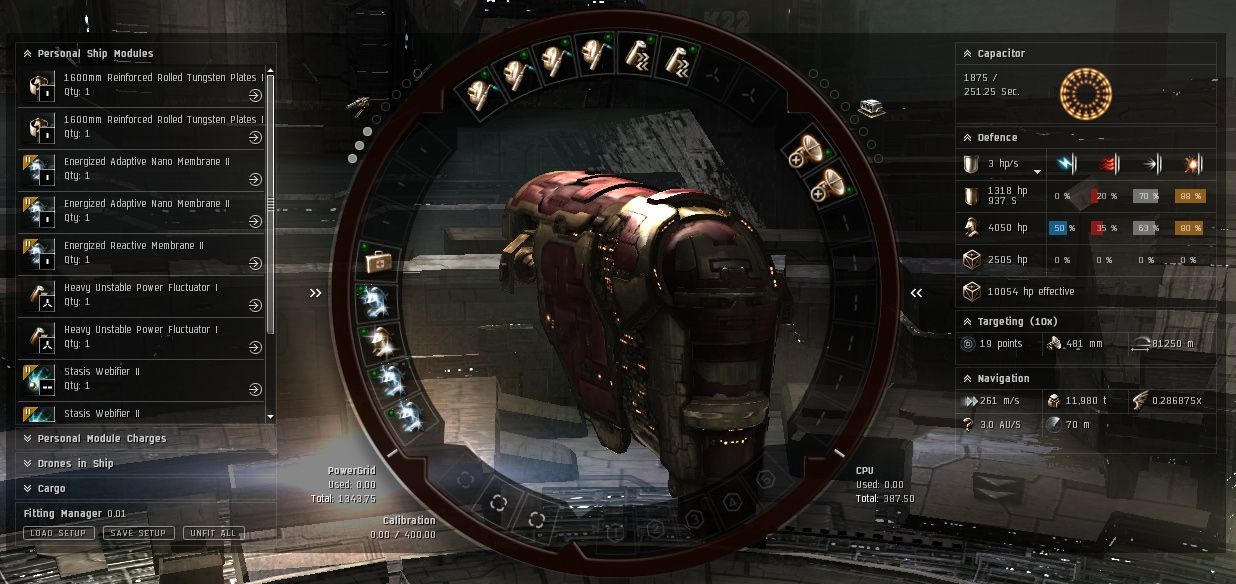
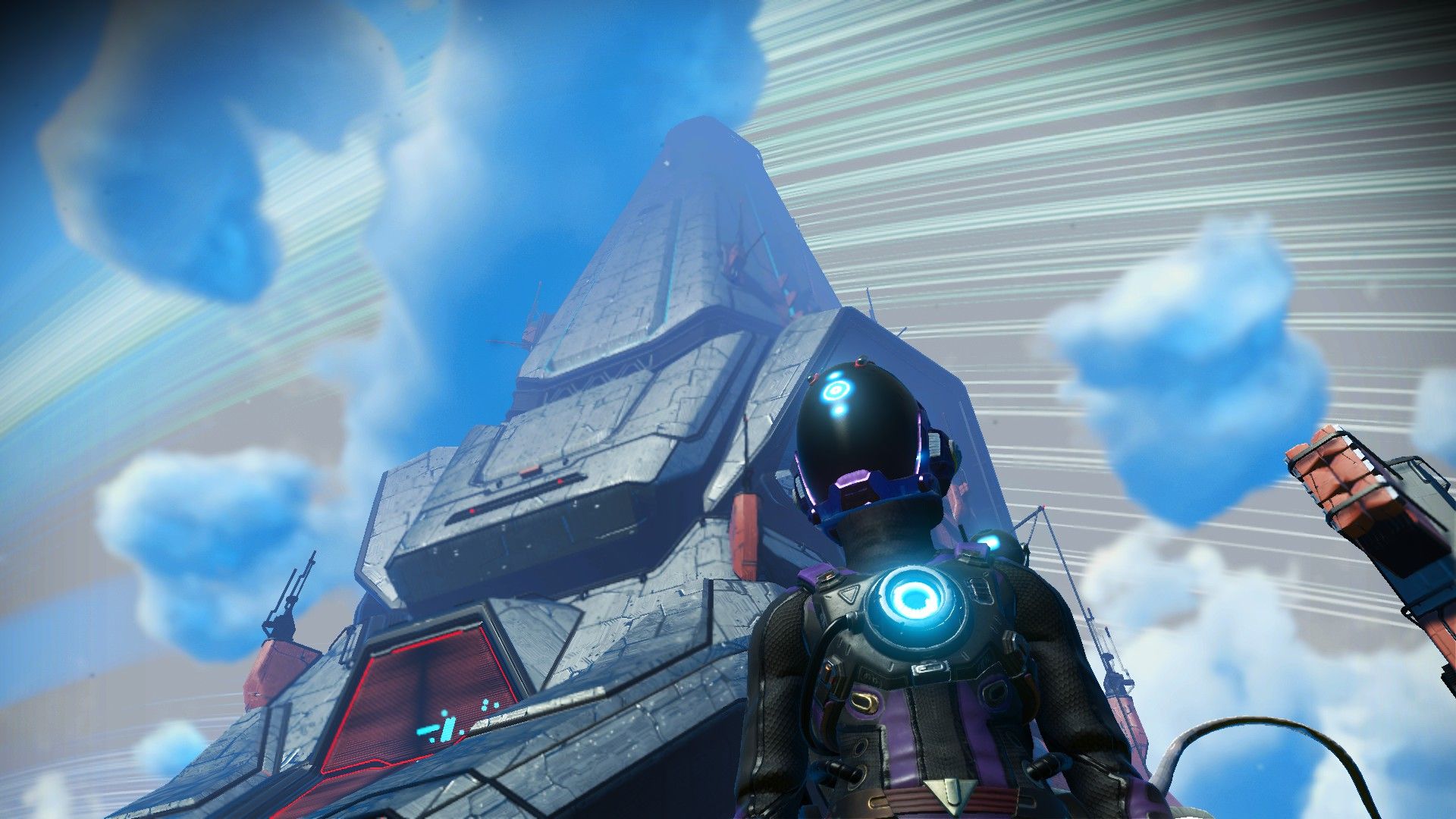
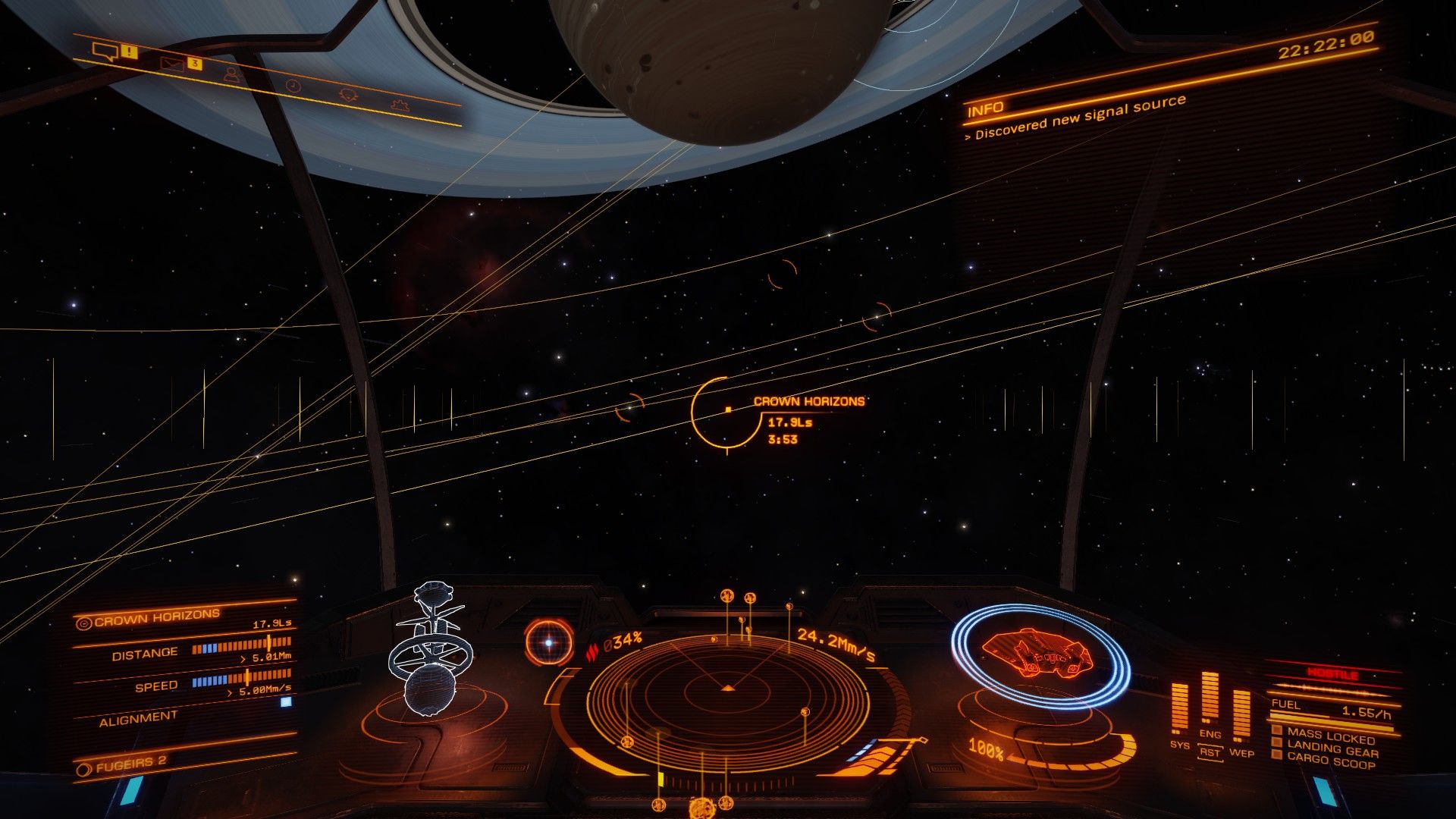
Or if you take a look at those different space games up there, wouldn't you say EVE, No Man's Sky and Elite Dangerous are quite different, even though they have massive overlap when it comes to more general features?
Each one of them lures in a slightly different kind of user; has its own slightly different kind of market.

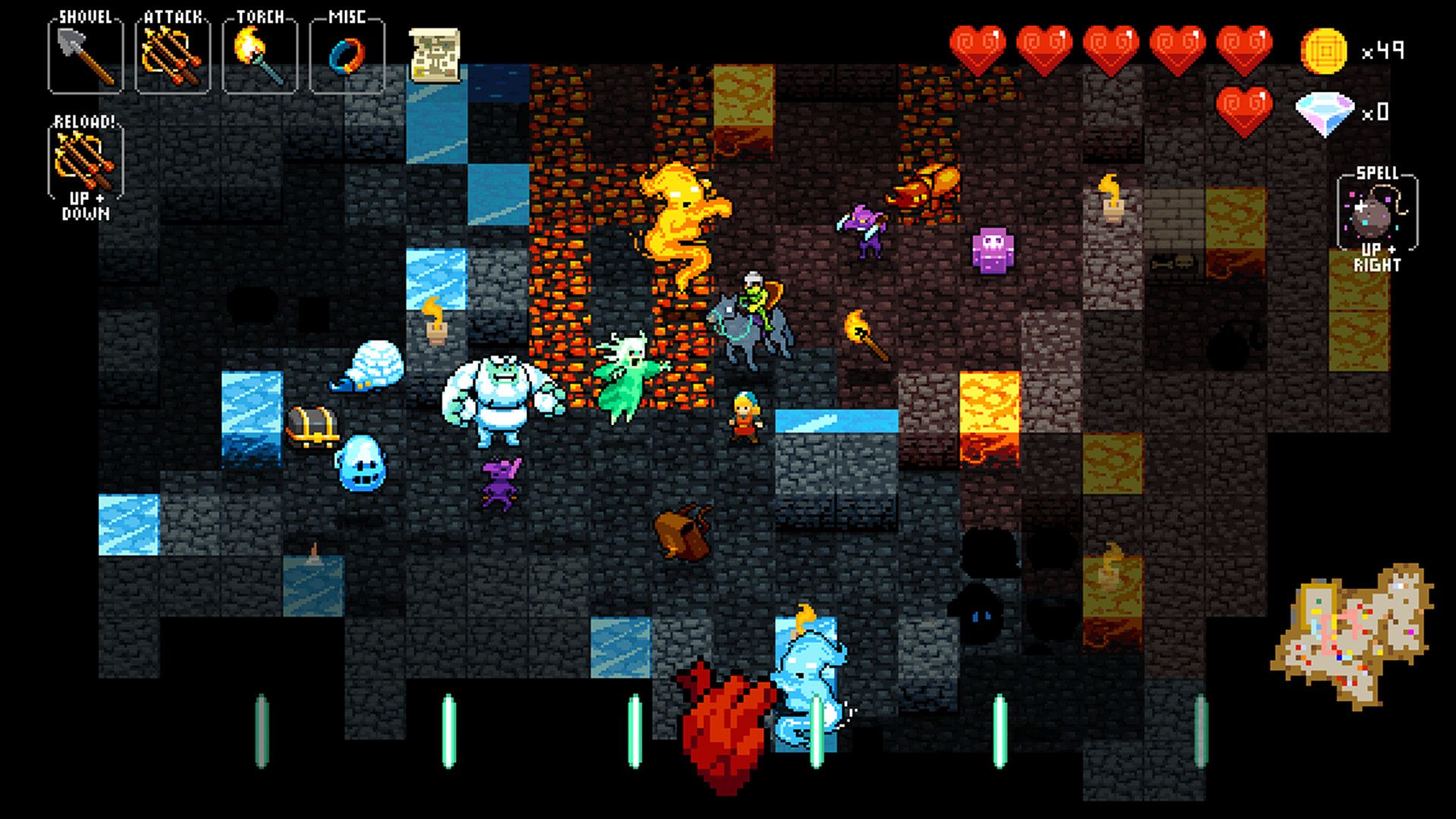

But there are some games out there that are exploring very interesting combinations.
BPM and Necrodancer are interesting for both rhythm gamers and fans of classical shooters or dungeon-crawlers respectively, while Sea of thieves makes being a pirate a multiplayer experience for entire groups of friends.
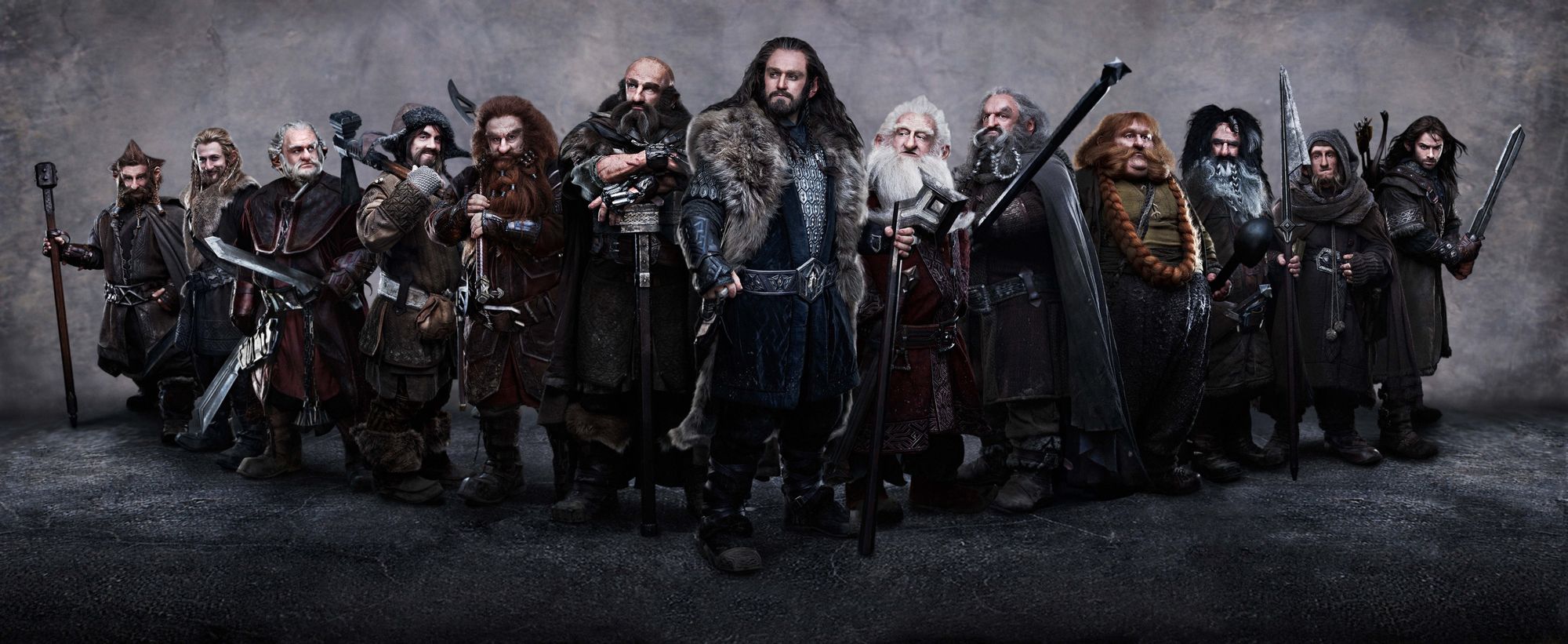
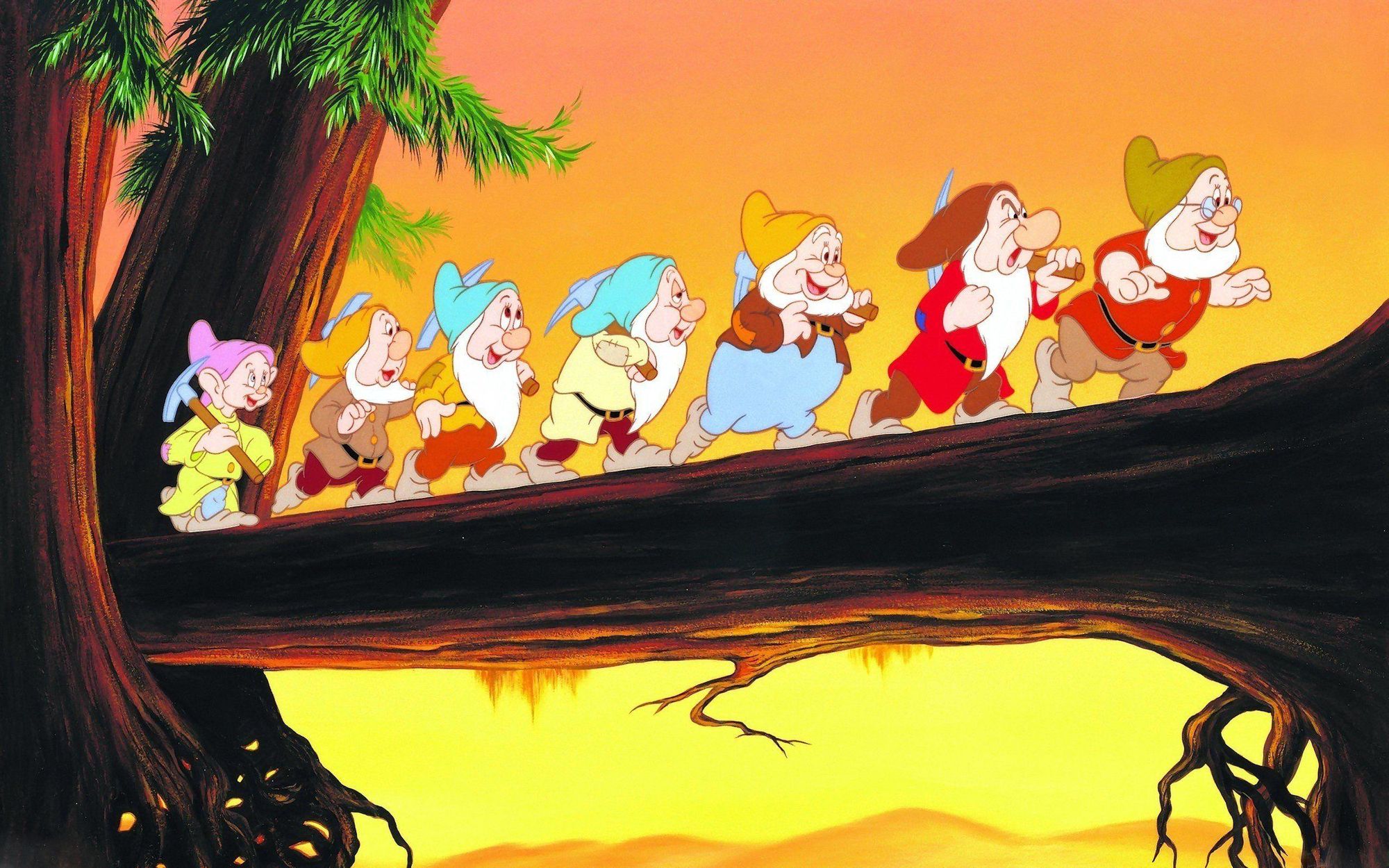
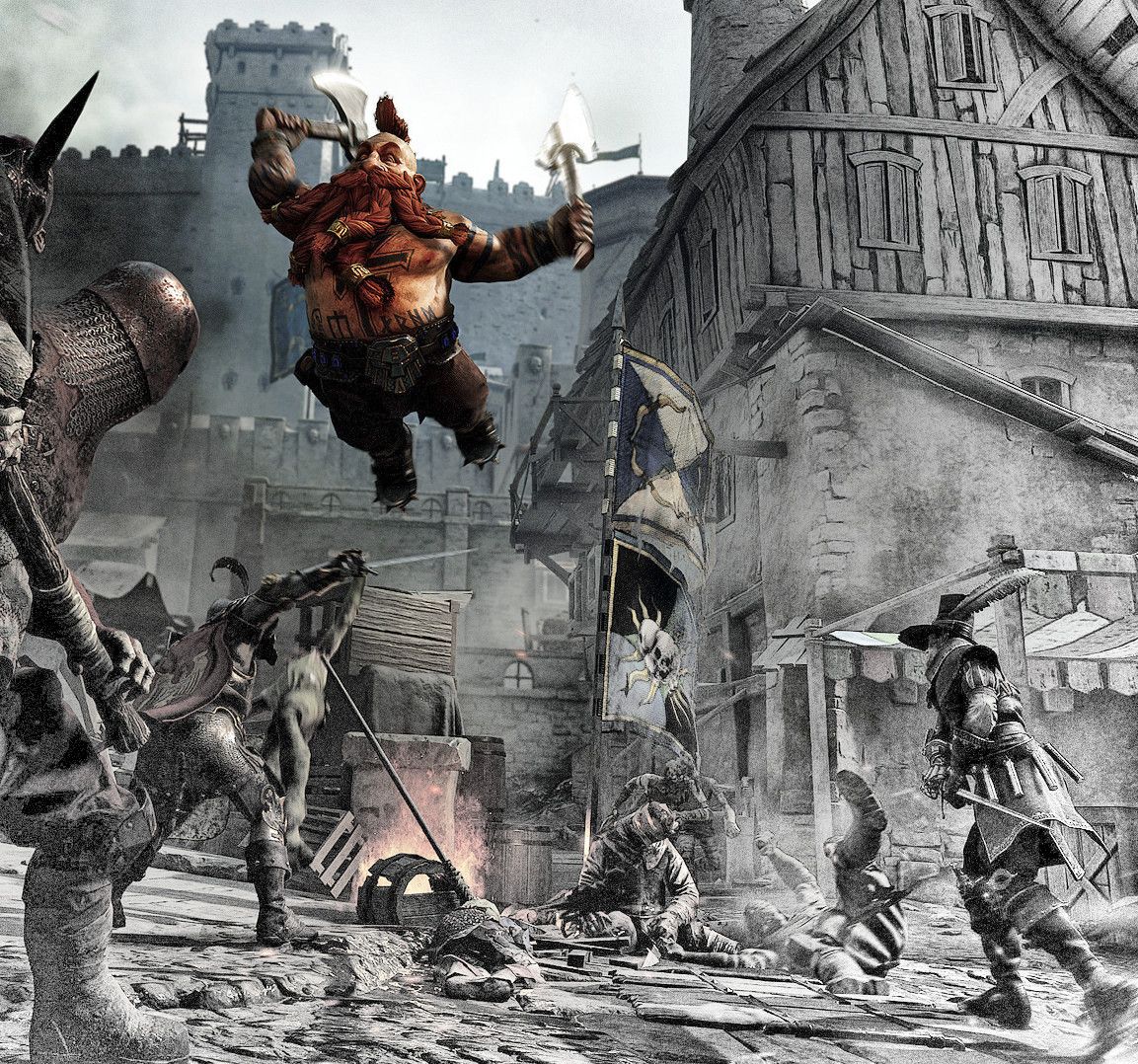
Even most works of fiction today build on top of age-old ideas.
The fables and tales of the olden days. Elves, Gnomes, Dwarfs. Even angels, demons and daemons[5].
Some stories, like fanfictions or derivative works, reuse parts of the same world to tell entirely different stories. Exploring the yet untold stories of a world that already exists.
And a lot of people enjoy diving into stories that remind them of those they already read. They have a favorite genre. They want similar stories exploring different twists that create an entirely different experience.
And then there's… well… ever heard of Warhammer[6]?
3. Final words
Oh well, my focus seems to have drifted rather heavily into the creative realm.
Nevertheless, my point still stands.
There might be nothing original left to create, but many patchworks of ideas are still undiscovered.
And even if a very similar one already exists, remember, no patchwork looks quite the same.
So just create what you want to create.
Will it work out? Well, you'll never know without trying first.
1.Look up the legality of trade-secret reverse engineering, it's wild
2.https://en.wikipedia.org/wiki/Homo_economicus
3.https://en.wikipedia.org/wiki/Personal_knowledge_management
4.https://en.wikipedia.org/wiki/Daimon
5.You're a wizard 'arry
6.https://en.wikipedia.org/wiki/Warhammer_40,000#Spin-off_games,_novels,_and_other_media

